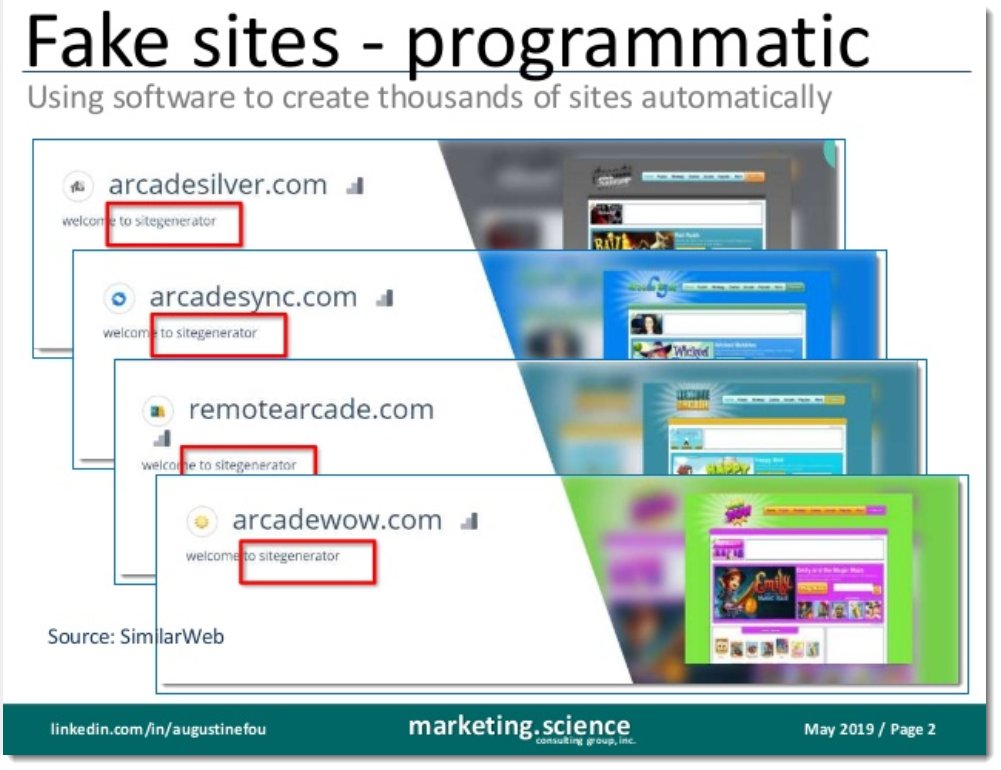
literally, I can ask a marketer ONE question, and know whether they know what they are doing
specifically, whether they know how to do marketing
don't believe me? DM me and I will tell you the question I use
don't believe me? DM me and I will tell you the question I use
fraudsters, ad tech companies rip off incompetent marketers by claiming credit for sales that would have happened anyway
here's how they do it
forbes.com/sites/augustin…
here's how they do it
forbes.com/sites/augustin…
are you doing marketing or watching sports scores? (big numbers on dashboards and spreadsheets)
forbes.com/sites/augustin…
forbes.com/sites/augustin…
NOT "stay thirsty"
"stay skeptical" of too-good-to-be-true digital marketing metrics
"stay skeptical" of too-good-to-be-true digital marketing metrics
• • •
Missing some Tweet in this thread? You can try to
force a refresh



